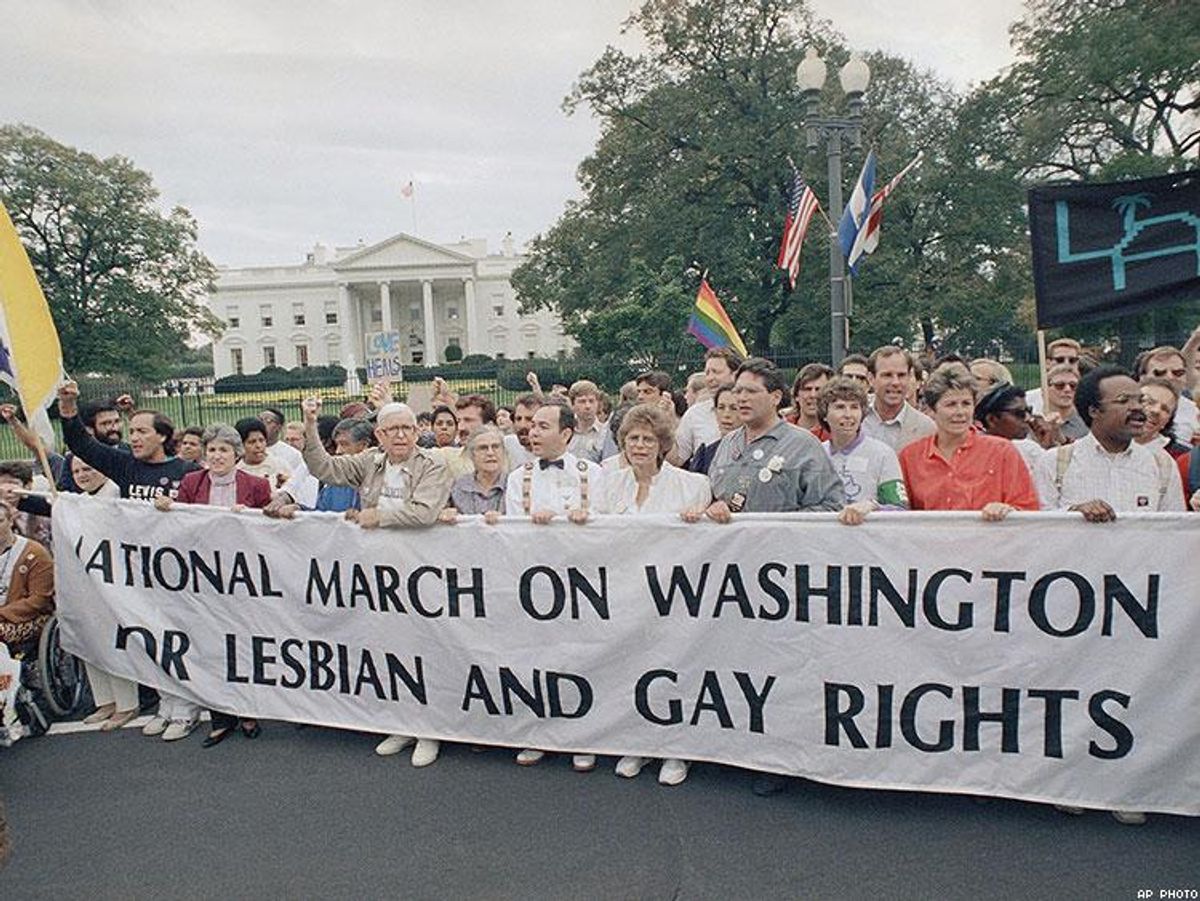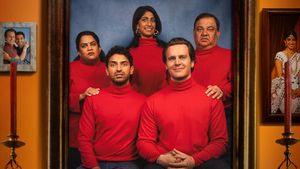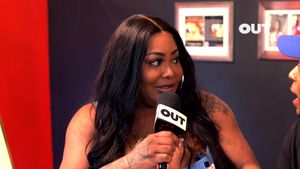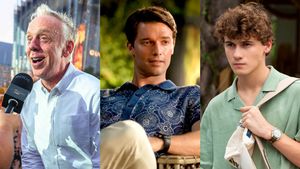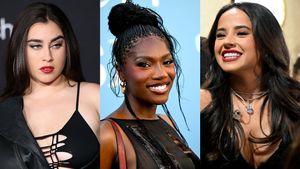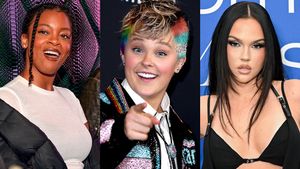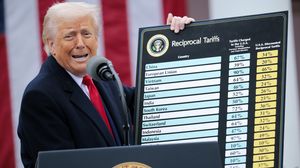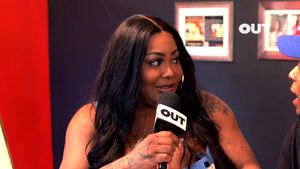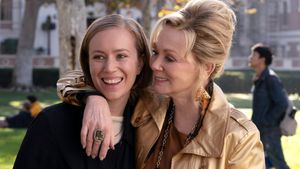In In the afternoon on Saturday, October 10, 1987, the weekend of the March on Washington for lesbian and gay rights, Abby Rubenfeld, Michele Zavos and I waited in a conference room at the Capitol Hilton for lesbian and gay attorneys whom we had invited to a 2 p.m. meeting to discuss organizing a national network. We reserved a room for 100 and expected about 50 to show up. By 2:15 p.m., almost 300 attorneys were crowding the room. From that meeting, the National LGBT Bar Association was born.
The meeting was the brainchild of Susan McGreivy, then the attorney in charge of lesbian and gay rights cases for the ACLU of Southern California. It, like the march, germinated from the mean-spirited attack on the community in the 1986 Supreme Court decision of Bowers v. Hardwick. Not content to hold that laws criminalizing sodomy were constitutional, Justice Byron White, writing for the Court, stated: "[T]o claim that a right to engage in [consensual sex between two men] is 'deeply rooted in this Nation's history and tradition' or 'implicit in the concept of ordered liberty' is, at best, facetious."
At the time, AIDS was taking its own mean swipe at the gay community, while the White House Press Secretary joked about the disease, and President Reagan refused to address the crisis.
When the Court announced its decision in Bowers, the community's reaction was swift. Organizing began for the national March on Washington for lesbian and gay rights, which would happen on October 11, 1987.
In January 1987, I had become president of the local lesbian and gay bar association in Los Angeles, known at the time as Lawyers for Human Rights -- now the LGBT Bar Association of Los Angeles. During one of LHR's monthly speaker dinners, Susan McGreivy, to whom I found it difficult to say, "No," approached me with an idea: "We cannot afford to miss this opportunity. During the march, there will be more lesbian and gay attorneys in one place than ever before and maybe at any time after. We need to seize the moment and start organizing." I agreed with her assessment. She added, "You need to make it happen!" And so, I started to figure out how -- at a time without social media or email.
I contacted Abby Rubenfeld, then Legal Director of Lambda Legal Defense and Education Fund, and told her about the idea. Together with Washington, D.C., attorney Michele Zavos, we began to plan a gathering of attorneys, to suggest ways we could help and support each other as lesbians and gay men in the profession, whether we focused on lesbian/gay rights work or other legal matters. We drafted an agenda that included pitches by lesbian/gay rights legal organizations and local bar associations, strategizing opposition to the Supreme Court nomination of Robert Bork, discussion of a direction for a national organization of lesbian and gay attorneys, and an informational session on organizing local lesbian and gay bar associations.
At the meeting, we gathered names and contact information, and asked for volunteers to assist in a follow-up meeting to organize the group. The energy in the room was robust, exciting, and hopeful. After the meeting, six of us from large metropolitan areas arranged to call two attendees from smaller cities to gather further ideas for an organization and a national conference on lesbian and gay legal issues. We had conference calls, and then, at the suggestion of San Francisco attorney (and later, Superior Court Judge) Ron Albers, we met in San Francisco to plan our first conference and organize what was initially called the National Lesbian and Gay Law Association.
As the 30th anniversary of the 1987 March approaches, with another march scheduled for this weekend, social media has sped up and broadened the outreach for marches nationwide. The ease of communication has facilitated organizing, but I worry about whether that ease has resulted in a weakened lasting impact.
When we met in October 1987, we had a purpose beyond venting against the injustices perpetrated against our community; itself an important objective. We meant to organize, to find mutual support and to get ready for what we expected to be a long slog towards equal rights. The October 10 meeting was not an end in itself; it was a beginning -- the beginning of a lasting institution, now almost 30 years old, to support lesbian and gay, and later also bisexual and transgender, attorneys.
The National LGBT Bar Association has had a significant impact on the profession, through participation in the ABA House of Delegates, networking with the ABA and other minority bar associations, outreach to law firms and in-house counsel, participation in amicus briefs, and mentoring of LGBT law students, as well as its annual conference.
When it started, no major law firm would lend support, much less recruit at, the organization's national conference. Now, over 150 of the largest law firms, corporate counsel offices, and government agencies flock to the Bar's annual career fair.
The current political climate may not as easily lend itself to organizing in a way that we felt so urgently a need to do in 1986/1987. The threat to the community felt existential: we could not lawfully engage in consensual sex in many states, and that prohibition and the criminal sanctions that enforced it justified our disqualification from employment and relationship protections, as well as government appointments. By contrast, today, while there are many important rights for which organizations fight, like employment non-discrimination, protecting against a roll-back of our gains is just as critical a part of the community's strategy. And while there were national legal rights organizations, including Lambda, Gay and Lesbian Advocates and Defenders, National Gay Rights Advocates and the National Center for Lesbian Rights, in the '80s, the community's institutions were weaker than they are today.
Living in L.A. or any large metropolitan area, it is easy to dismiss the fulminations of anti-LGBT politicians and commentators. But the threat of efforts to thwart equal rights -- through laws, executive orders and court decisions permitting businesses and government officials, on religious grounds, to refuse to acknowledge same-sex marriage or to discriminate; refusals to enact employment non-discrimination laws; elimination of questions about LGBT individuals from government surveys; and the slashing of funding for HIV/AIDS protection and treatment and LGBT senior care -- is serious, present, and potent. While the LGBT community marches again to voice its concerns and show its strength, it needs to channel that energy, to continue to organize and strategize for further progress toward full equal rights.
WILLIAM WEINBERGER is a partner at the law firm Parker Milliken in Los Angeles. His practice focuses on protection of trade secrets, litigation of business tort claims, and advising and defending companies in employment matters, which often include claims related to anti-LGBT discrimination.
